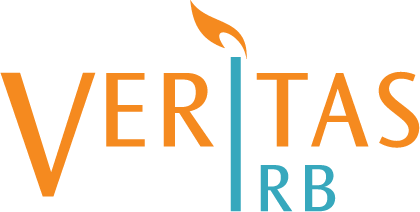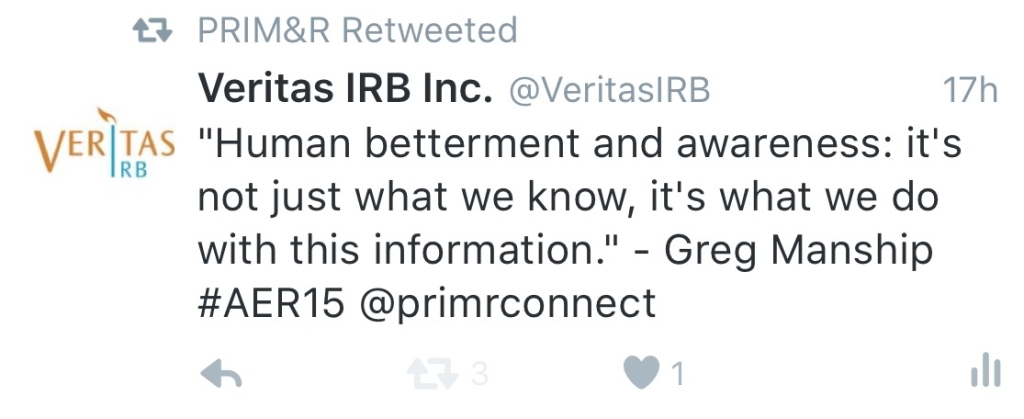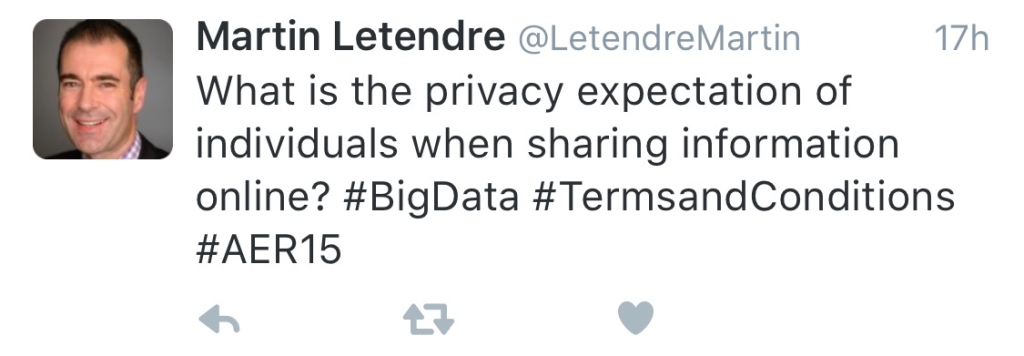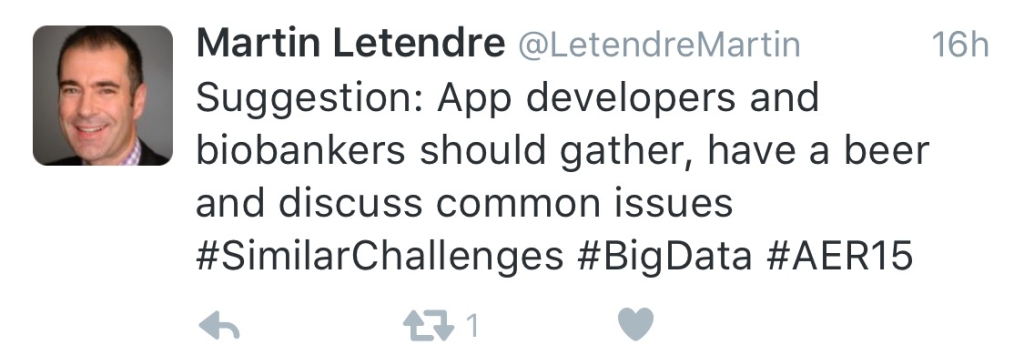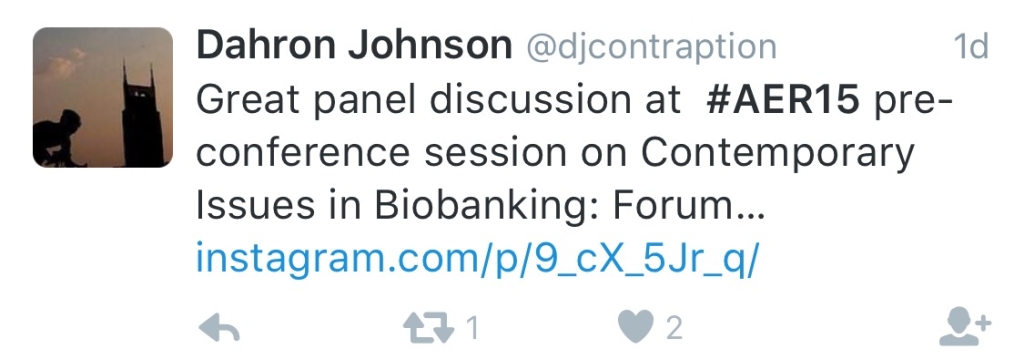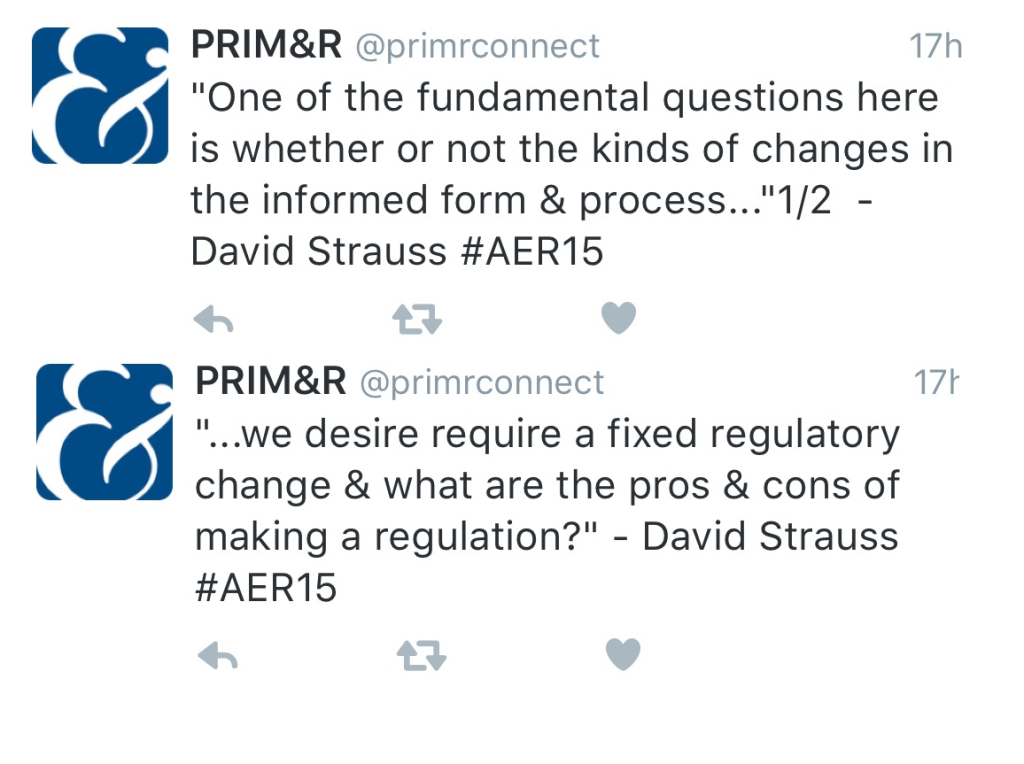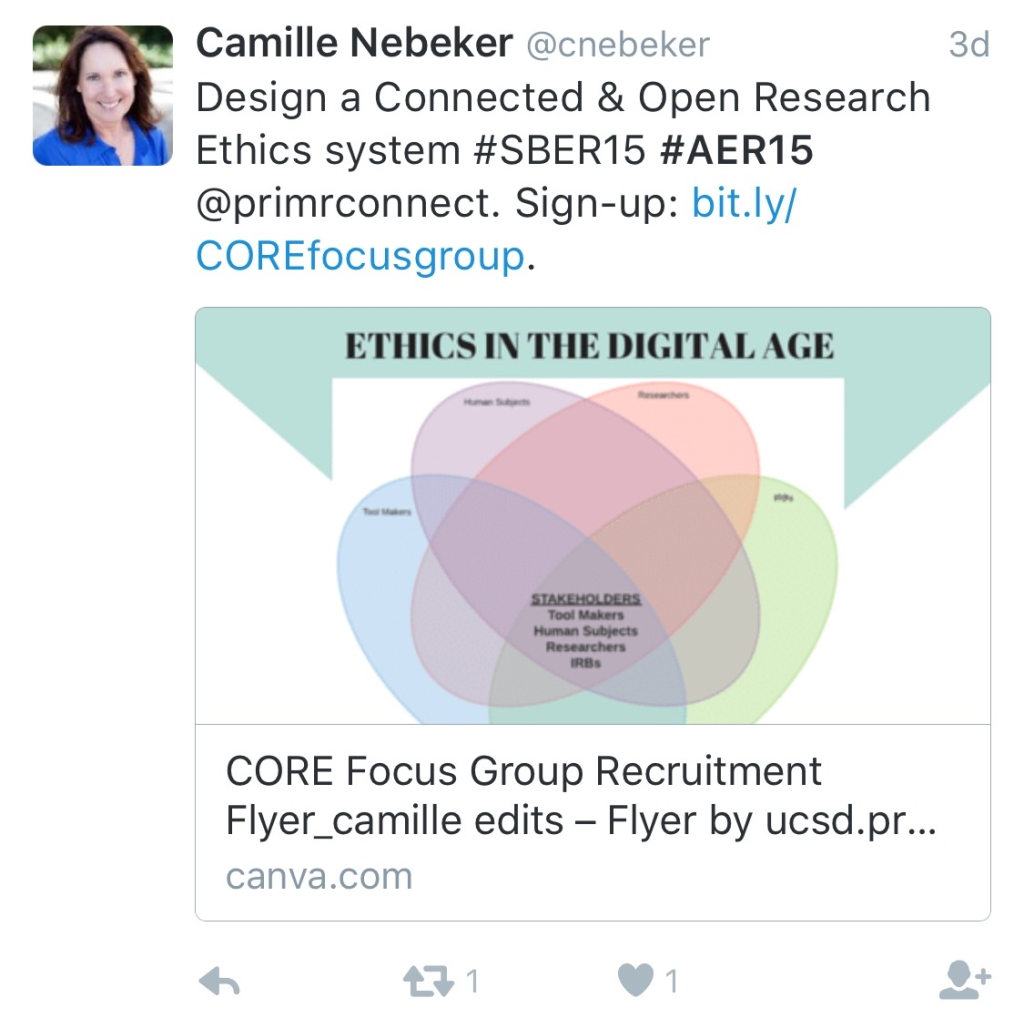Day 1 at the PRIM&R AER15 conference in Boston was loaded with exciting talks on hot topics. Technology was at the forefront of this first day with several presentations on mobile health, electronic consent, big data and social media and its effects in human research.
#mHealth: Is it novel, better or simply unfamiliar?
The morning’s concurrent plenary sessions began with a very in-depth talk on mobile health, or #mHealth as it were. Social media discussions on Twitter were abuzz with the early morning talks that were led by three panelists: Dror Ben Zeev PHD, Stanley Y. Shaw, MD, PhD and Jeremy Block, MPP, PhD.
#mHealth has tremendous potential
All three held a compelling discussion that ranged from topics such as automated interventions in clinical tracking of patients during mental health treatments to the several perceived benefits of mobile health. Other topics included increased access to data, improvement of study engagement, social supports, and 2-way info exchange. Your phone’s accelerometer, microphone, screen, and third party apps and devices are some of the sensors used for data sources.
The IRB’s role towards #mHealth research
The major takeaway from this talk was that patterns in participant tracking are now more accessible than ever, and it is our job to ask about the risks in mobile health such as privacy, confidentiality, bystander data and consent legitimacy.
#SocialMedia: “Speak out but speak smart”
Mobile connectivity allows for constant interactions with the research team but also between research participants. Research participants are now using social media to discuss their experience and this reality could not have been better represented than in this discussion entitled “Is Facebook Hurting Your Study?”
A historical challenge for researchers
The conversation began with the reality that data analytics are presenting challenges to investigators that have never been seen in the history of research. Participants have access to a plethora of social media platforms and are therefore more apt to share their study experiences through platforms that can be likened to “Yelp”. This means research participants engage on social media about everything from symptoms they have been experiencing to the quality of the facility or study site. This leads to an enormous amount of safety issues for investigators, where they are now facing the requirement to educate participants on just how much to disclose to fellow participants in the research study.
Suffered an AE? Share it with your investigator, not with Facebook.
In short, key messages here included teaching participants on the potentials risks and impacts of communication on social media as well as the utmost importance of reporting adverse events during the course of the study.
Think #BigData
Both presentations summarized above demonstrated the incredible power of mobile devices and social media as data sources for research. Large datasets, which were which were not usually considered research data, now allow for the establishment of trends and patterns in human behavior and health prediction.
Are research and commercial activities the same?
Big data is used consistently for commercial purposes in order to predict future purchases or secure customer fidelity. People routinely allow for the use of their data through social media platforms and other web applications without paying close attentions to their terms and conditions. In the context of research, one would argue that consent to collect, use and disclose data is invalid, as the process did not allow for an informed decision-making. This led to a participant in the audience to ask whether we were putting researchers to a higher level of scrutiny when it comes to the use of big data.
Maintaining public trust about big data usage
Indeed, one could argue that, considering that large datasets of personal information are used for commercial purposes on a daily basis, big data research could be perceived as minimal risk. Moreover, considering the sheer size of the data contained in these datasets, waiver of consent would be ethically justifiable as otherwise the research would be impracticable and could not be carried out. Dr. Ray Saginur raised a fundamental question on that issue: How do you distinguish impracticability from mere inconvenience when using big data in research? Furthermore, prior to concluding that big data research should be interpreted as minimal risk, speakers outlined some “cautionary tales” about the potential risks of researching big data, which include stigmatization and the erosion of public trust in the data custodians. It was suggested that transparency before and debriefing after research would certainly help maintaining public trust in big data research.
